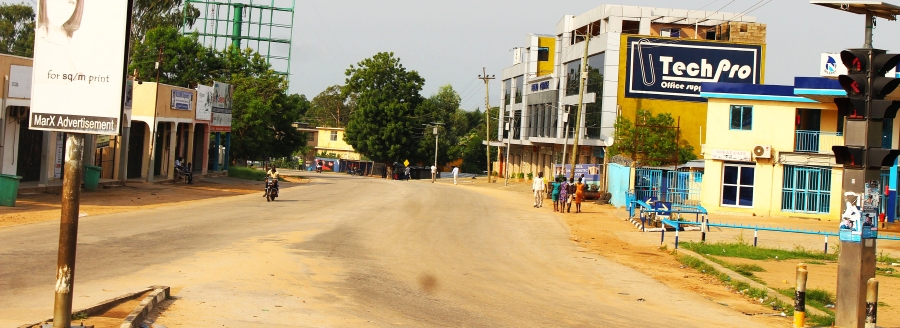American officials in South Sudan under strict curfew as the U.S issues travel advisory against Juba
The U.S Department of State has just updated its Travel Advisory for South Sudan effective from March 2025.
The latest advisory issued by the Office of the Spokesperson, reflects the Ordered Departure of non-emergency United States government personnel for Juba.
The Travel Advisory for South Sudan remains at Level 4, which warns ‘Do Not Travel!’
The new directives therefore replace the previous Travel Advisory which was issued seven months ago on July 31, 2023.
Travel Advisory for South Sudan has been updated to reflect ordered departure of non-emergency U.S. government personnel due to continued security threats in South Sudan.
Armed conflict, crime and kidnapping go rife in Juba
A statement from the U.S department of state warns American citizens not to travel to South Sudan due to crime, kidnapping, and armed conflict.

“Due to the risks in the country, on March 8, 2025, the Department of State ordered the departure of non-emergency U.S. government employees from South Sudan,” reads the advisory.
It cited ongoing armed conflict including fighting between various political and ethnic groups.
According to the department, weapons are readily available to the population.
In addition, cattle raids occur throughout the country and often lead to violence.
“Violent crime, such as carjacking, shootings, ambushes, assaults, robberies, and kidnappings are common throughout South Sudan, including Juba,” the United States warns.
It is being reported that foreign nationals have been the victims of rape, sexual assault, armed robberies, and other violent crimes.
Reporting in South Sudan without the proper documentation from the South Sudanese Media Authority is considered illegal, and any journalistic work there is very dangerous.
Journalists regularly report being harassed in South Sudan, and many have been killed while covering the conflict.
The United States admits to having limited ability to provide emergency consular services to U.S. citizens in South Sudan.
“U.S. government personnel working in South Sudan are under a strict curfew!”
American officials in Juba are forced to stay indoors and must use armoured vehicles for nearly all movements, while official travel outside the capital is limited.
Due to the critical crime threat in Juba, walking is also restricted; when allowed, it is limited to a small area in the immediate vicinity of the Embassy and during daylight hours only.
The Federal Aviation Administration (FAA) has issued a Notice to Airmen (NOTAM) and a Special Federal Aviation Regulation (SFAR).
This is due to risks to civil aviation operating within or in the vicinity of South Sudan.
U.S. citizens have been advised to consult the Federal Aviation Administration’s Prohibitions, Restrictions and Notices.
But for those who still insist on traveling to South Sudan …
They are being implored to exercise extreme care in all parts of the country, including Juba.
In case of traveling outside of Juba with a minimum of two vehicles along with appropriate recovery and medical equipment in case of mechanical failure or another emergency.
Avoid travel along border areas.
Avoid demonstrations and crowds.
“Be aware that photography in public is strictly controlled, and you are required to obtain authorization from the Ministry of Information before taking any photographs or video in public – including while inside a vehicle.”
Travellers are advised to buy insurance before venturing out and check with insurance providers about evacuation assistance, medical insurance, and trip cancellation coverage.
Smart Traveller Enrolment Program
They are also asked to enlist in the Smart Traveller Enrolment Program (STEP) to receive messages and Alerts from the U.S. Embassy and make it easier to locate them during an emergency.
“Sharing important documents, login information, and points of contact with loved ones can help them manage your affairs when unable to return as planned to the United States.”
People are required to establish own personal security plan in coordination with their employers or host organizations and consider consulting with a professional security organization.
The plans should include sheltering in place, maintaining outside communication, and a personal evacuation plan via commercial means.
U.S residents have also been advised to choose one family member to serve as the point of contact.
Point of contact will communicate with kidnappers, hostage-takers, media, the embassy and host country government agencies, and members of Congress if one is kidnapped or taken hostage.
Americans have also been told to leave their DNA samples with your medical provider in case it is necessary for your family to access them for identification.
The advisory requires them to erase any sensitive photos, comments, or other materials from social media pages, cameras, laptops, and other electronic devices that could be considered controversial or provocative by local groups.

